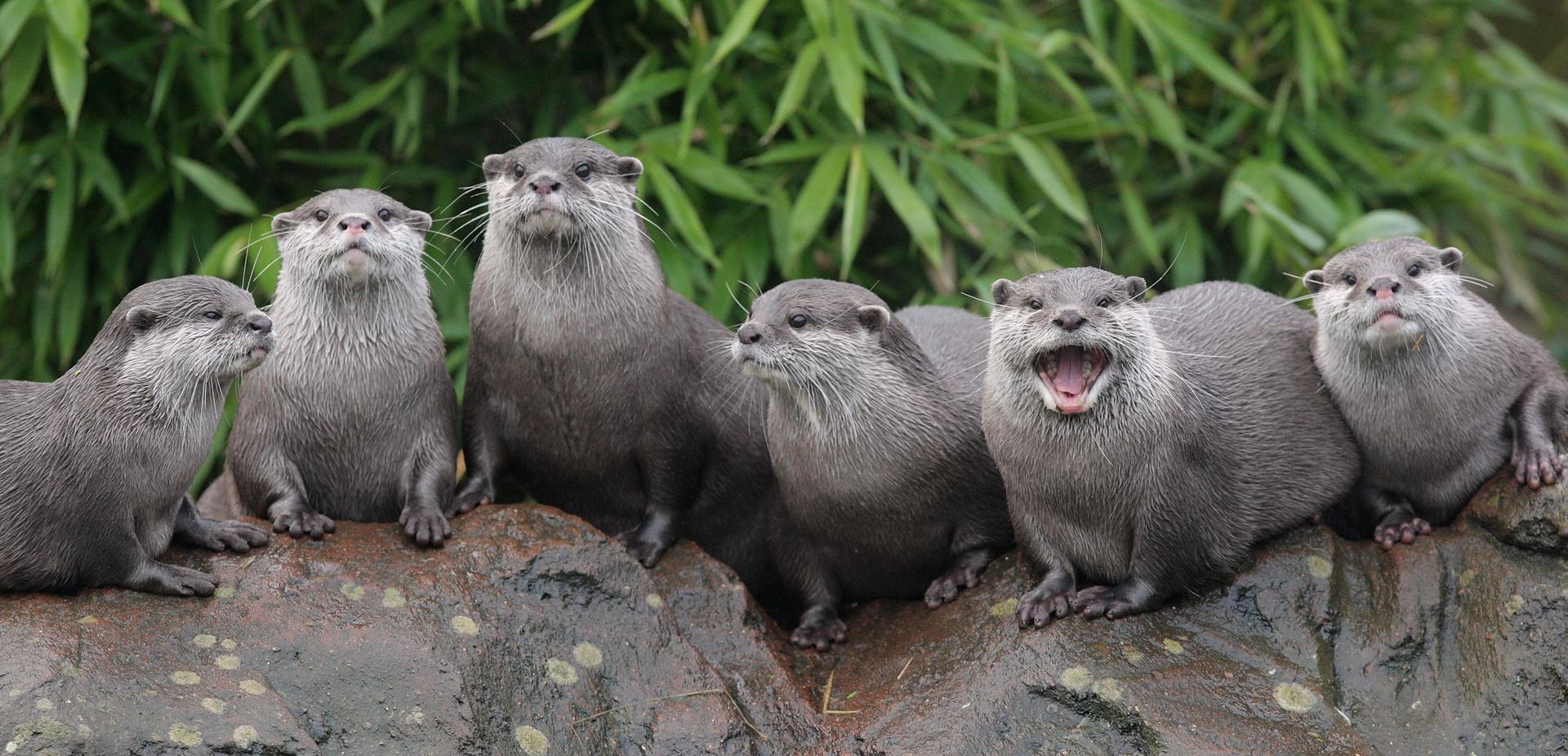Sea otter diet may be key in combating climate change
Sea otters may be key to combatting global warming due to their sea urchin diet.
A new study suggests that sea otters may play a key role in combating climate change.
Researchers at the University of California, Santa Cruz found that otters eat sea urchins, which, in turn, is positive for kelp biomass under the sea.
The study compared data on kelp blooms and sea otters over 40 years to make their conclusion, said PetsLady.
It is known that sea otters eat sea urchins, creatures that tend to munch on kelp.
Kelp is known to capture carbon through photosynthesis and helps to reduce CO2 in the atmosphere.
Researchers found that kelp blooms can absorb 12 times the amount of carbon dioxide in areas where otters are eating pesky sea urchins, reported LiveScience.
More from GlobalPost: Ocean plankton bloom in the North Atlantic
"Right now, all the climate change models and proposed methods of sequestering carbon ignore animals. But animals the world over, working in different ways to influence the carbon cycle, might actually have a large impact," said study co-author Chris Wilmers, reported Science Daily.
"If ecologists can get a better handle on what these impacts are, there might be opportunities for win-win conservation scenarios, whereby animal species are protected or enhanced, and carbon gets sequestered."
Scientists are not suggesting that sea otters are the solution to global warming.
Rather, the study simply shows how animals can impact their environments in indirect and unknown ways.
Now we need to find out how the hand-less otters crack open the spiky sea animals.
The study was published on Friday in the journal Frontiers in Ecology and the Environment.
